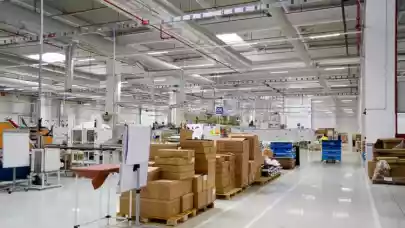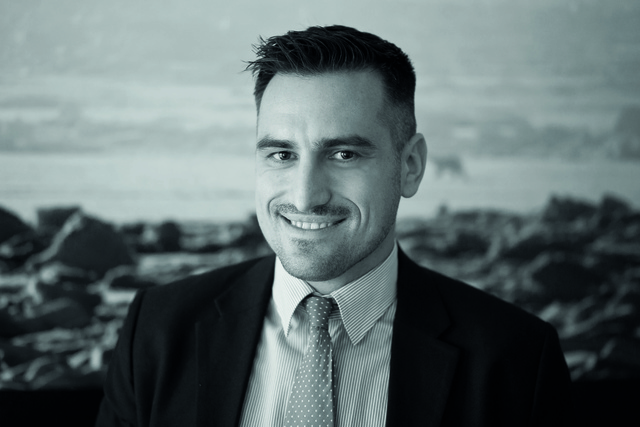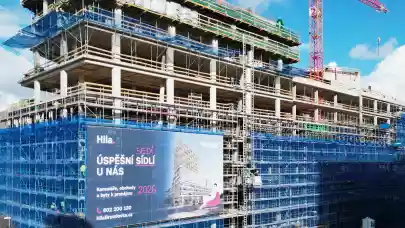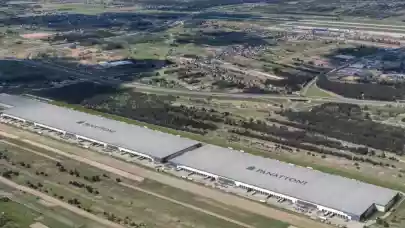
One of the most active industrial and logistics developers of the region has announced major expansion plans for Hungary this year. CTP hopes to increase the value of its Hungarian portfolio to €320 million by the end of 2018 from the current €250 million. Rudolf Nemes, CTP’s Country Manager for Hungary talked about changing tenant needs and challenges on the labour market.
How does the growth of e-commerce affect CTP’s results in Hungary?
We have a number of e-commerce tenants and they are the ones that expand the fastest. Last year e-commerce volumes in Europe grew by 12 per cent and that translated into increased demand for logistics space.
Which other sectors are tenants coming from?
We have acquired an extensive knowledge of developing build-to-suit light industrial assets. From our point of view, the main advantage of tailor-made assembly halls is that we can sign long-term contracts for their lease. We are currently building for light industry tenants in two Hungarian locations, Győr and Komárom.

How do you manage rising construction costs?
Construction costs increased significantly in the last years and we find ourselves not being able to stay within the budget that we sat when committing to the tenant. This encourages us to build more efficient buildings. By increasing the height of the halls tenants can make use of 20 percent more space on the same surface area. Rising construction costs also put an upward pressure on rents but at the same time, logistics tenants are in a cost minimising mode due to the strong competition they face. Still, sooner and later, they need to get used to the fact that they won’t be able to find newly build warehouse space that costs less than €4.5 per sqm per month.
Do you also face challenges on the labour market?
We act as general contractor during each development, but we work with a group of subcontractors that are able to meet our demands. At the same time, we see that they get a lot of offers which puts them in a more convenient position in terms of pricing and keeping deadlines. In the end, the responsibility lies with us because we may not be able to deliver on all of our promises because of a subcontractor.
Is it also difficult to find new people for your own team?
We currently have a team of 18 professionals and we are actively searching for new colleagues as the size of our portfolio would justify a larger number. It is difficult to find talent because in this current market environment a good worker gets a lot of offers. Unfortunately, it is not easy to compete with these offers as it often comes down to other factors besides the salary. Our office is located in the suburbs (Biatorbágy) but a lot of talented people prefer to work in the centre of Budapest.
How can you make your workplaces more attractive?
We’re trying to build a nice environment where people feel good. Increased lighting in offices and warehouse is one of the means to achieve this. In two of our parks we’re starting shuttle bus services to increase accessibility and if the size of a park reaches a certain point we open cafeterias.
Are your tenants also becoming more interested in ways to make these workplaces more attractive?
I can definitely see that logistics tenants are willing to spend more on their office than before. It is only a smart part of the total rental area but they can see that an office which makes employees feel good helps in retaining tenant.



